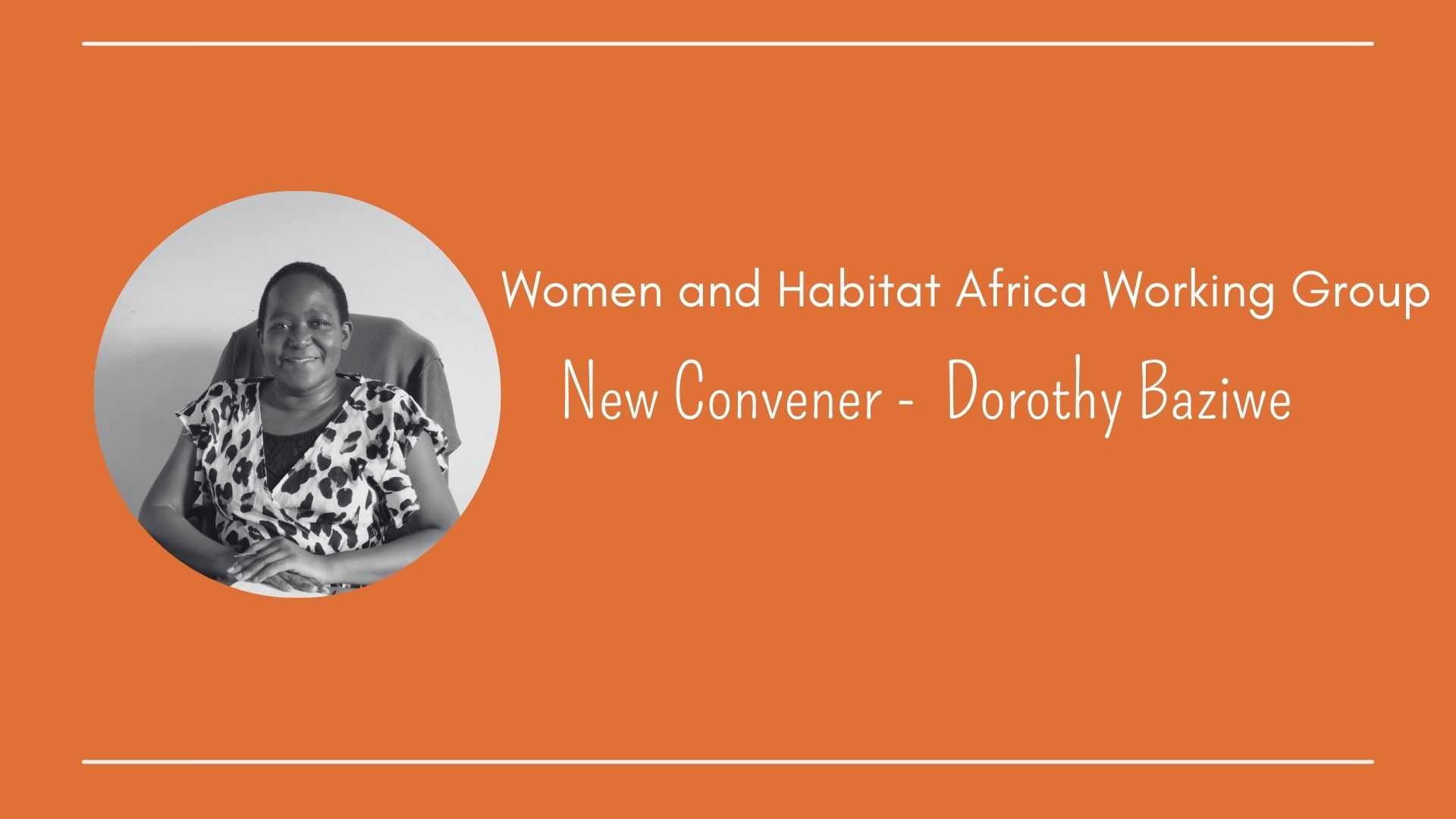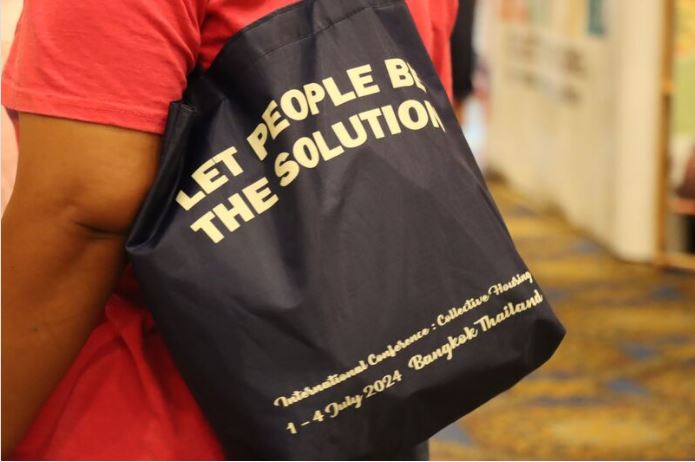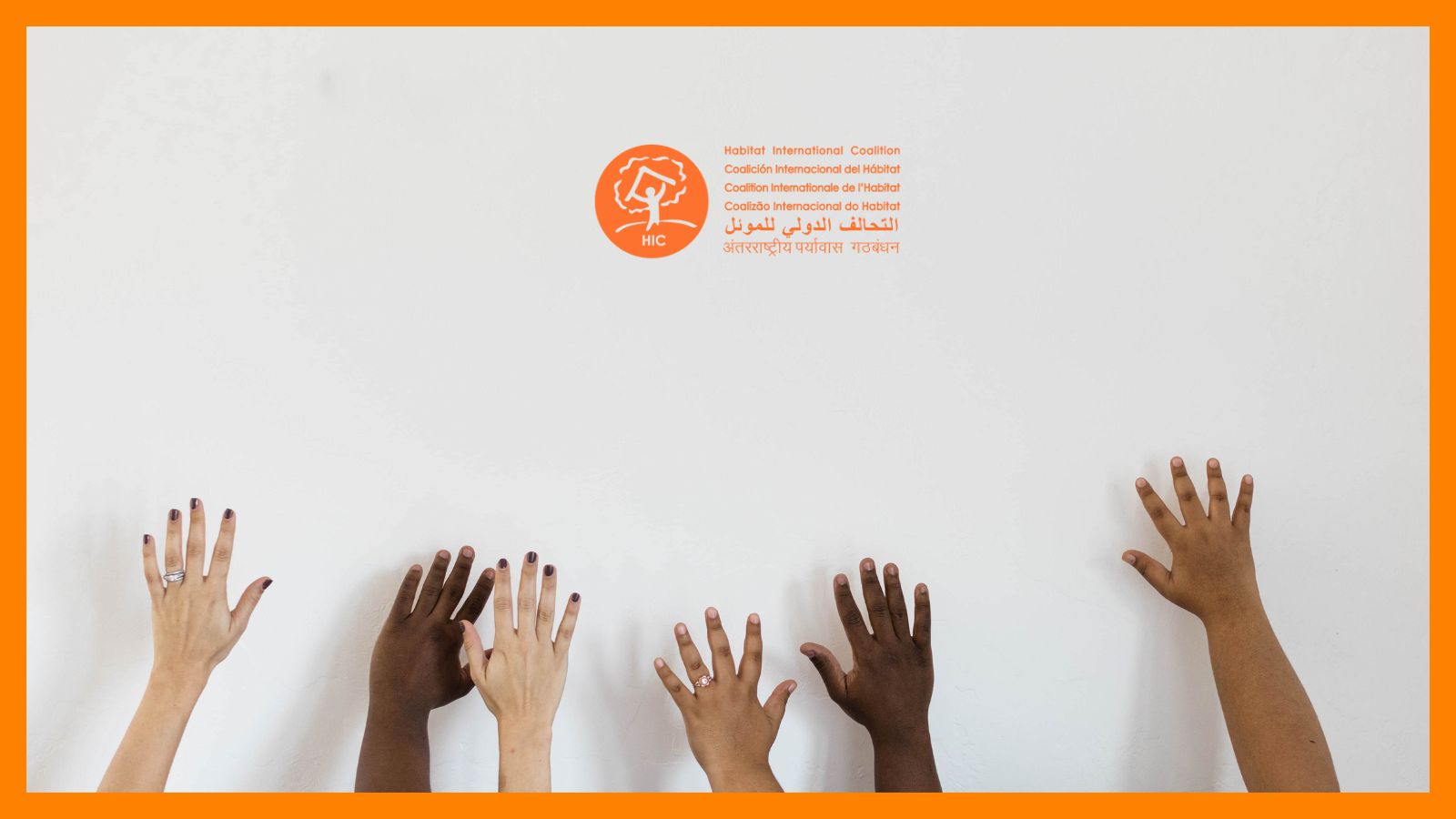Co – Chairs
Mr. Guenter Karl, Acting Chief, Partners and Youth Branch, UN-Habitat.
Highlights of the roundtable
Mr. Karl made an introductory remarks on the roundtable by noting that UN-Habitat is developing an engagement for civil society with the understanding that without them sustainable urbanization would be impossible. This networking is essential to promote social justice. This roundtable will allow us to understand why social justice is so important. Civil society has the ability to influence governments when their collective energy is harnessed.
Mr. Tedeschi stated that in several Latin America, social movements have the right to the city to defend their union and political struggles. There are also enemies of the right to the city who view housing as a commodity. Progress was made in the world and today we have a World Urban Forum talking about the right to the city. We are concerned about losing the meaning of this right. If building infrastructure involves eviction, it is not right to the city. The right to the city involves constructing a different city-country relationship and a different city than we have.
Ms. Fajemirokun emphasized that in Africa, cities are increasing with a huge influx of inhabitants. The right to the city is very important for Africans. It is a fight which we need to join to adopt common strategies. She said that in Africa we have a lot of legal instruments, for example charts, courts, treaties, with a lot of national duties, which are obstacles to local governments.
Ms. Almazan began by saying that the right to the city for slum dwellers and indigenous communities needs to be reflected in public policies to have an impact on the full exercise of their rights.
Mr. Hasan said that without being aware of the concept, communities and groups all over the world are fighting against inequity and for the values embodied in "the right to the city with social justice". By developing a process of supporting them, building dissent and voicing it, this concept and its implementation can be promoted.
Ms. van Donk stated that in South Africa, the concept of the right to the city has not surfaced explicitly. Politically, it has been reduced to a technical question of housing provision. We need to get wider acceptance of the slogan to shift the current paradigm and to recognize localized expressions of a programmatic approach. We have to link such expressions, nationally and internally, in the interest of promoting a common and coherent political agenda to advance equity and redistribution.
Mr. Ramirez mentioned that in light of a new concept of the city, defined not as the urban territory but rather as a space of citizenship, the process of the emergence of cities in Latin America. Initiatives need to be aimed at promoting the right to the city within the framework of economic, political and social justice for their inhabitants.
Mr. Fernandes stated that the conquest of the cities with social justice requires social organization and mobilizing forces for political articulation with popular democratic proposals. When people get organized and become knowledgeable there is more social justice in cities. We must have the power among the different civil society expressions.
Mr. Allou expressed that injustice in cities comes from unequal access to city services employment, existence of significant differences between urban populations that have less access to it that the city can provide. These social inequalities, spatial, economic are increasing. It is important to see the urban question in terms of rights because we can understand that the city is the principal space for conflict. This strengthens the claims in political terms. The policy change must accompany the public actors in strengthening their capacities and their power by giving them rights.
Emerging issues:
– Civil Society needs to better articulate their demands in a political environment. This requires further education and capacity building done by greater south-south interaction and support from national and local and international organizations.
– Urbanization issues and the collective Right to the City are not clearly mentioned within constitutions and human rights treaties around the world. This is changing as citizens become active in the planning, execution, control, maintenance, rehabilitation and improvement of their habitat.
– Social movements start locally and grow to be national, regional and international. This social participation aims to acknowledge the Right to the City as a pattern of democracy and justice.
– Projects are now more popular than plans. It is necessary for more effective monitoring and evaluation to take place. The impacts need to be analyzed in detail from a rights-based approach, looking at the social and spatial costs, avoiding evictions by any means.
– People have the right to find in cities the necessary conditions for their realization in the political, cultural, economical, social and ecological aspects and the duty of solidarity with their fellow citizens.


